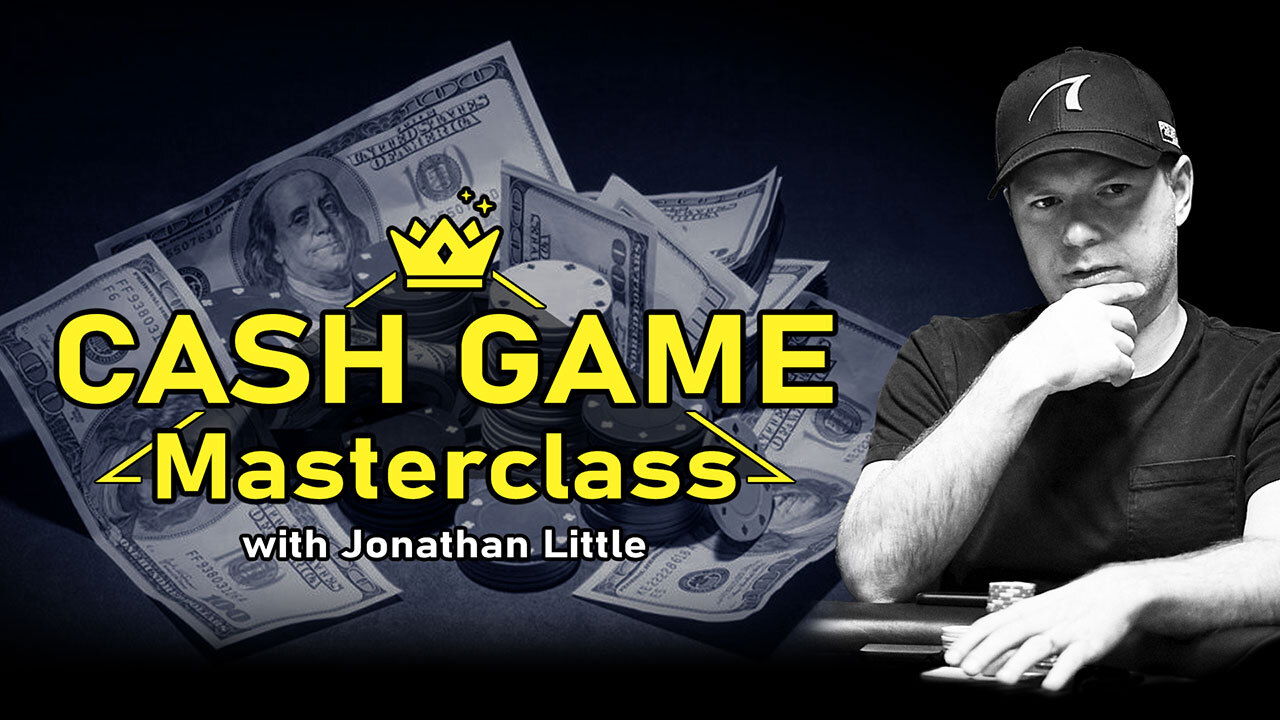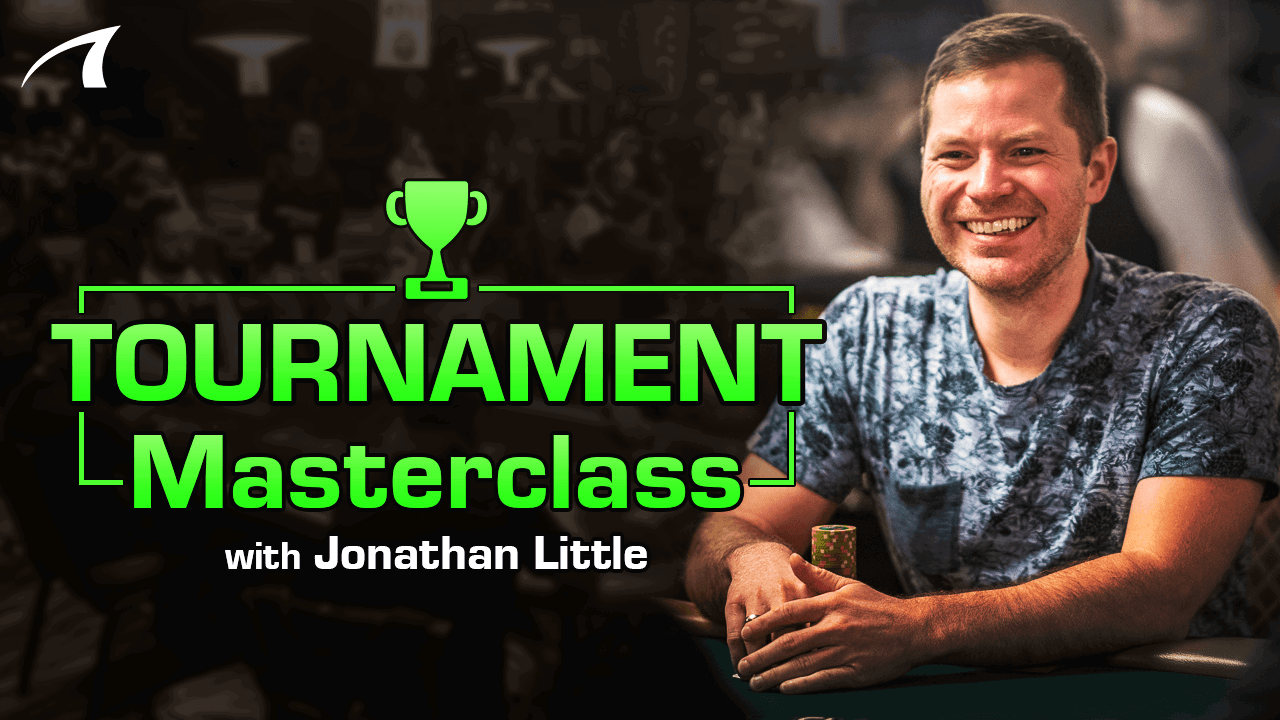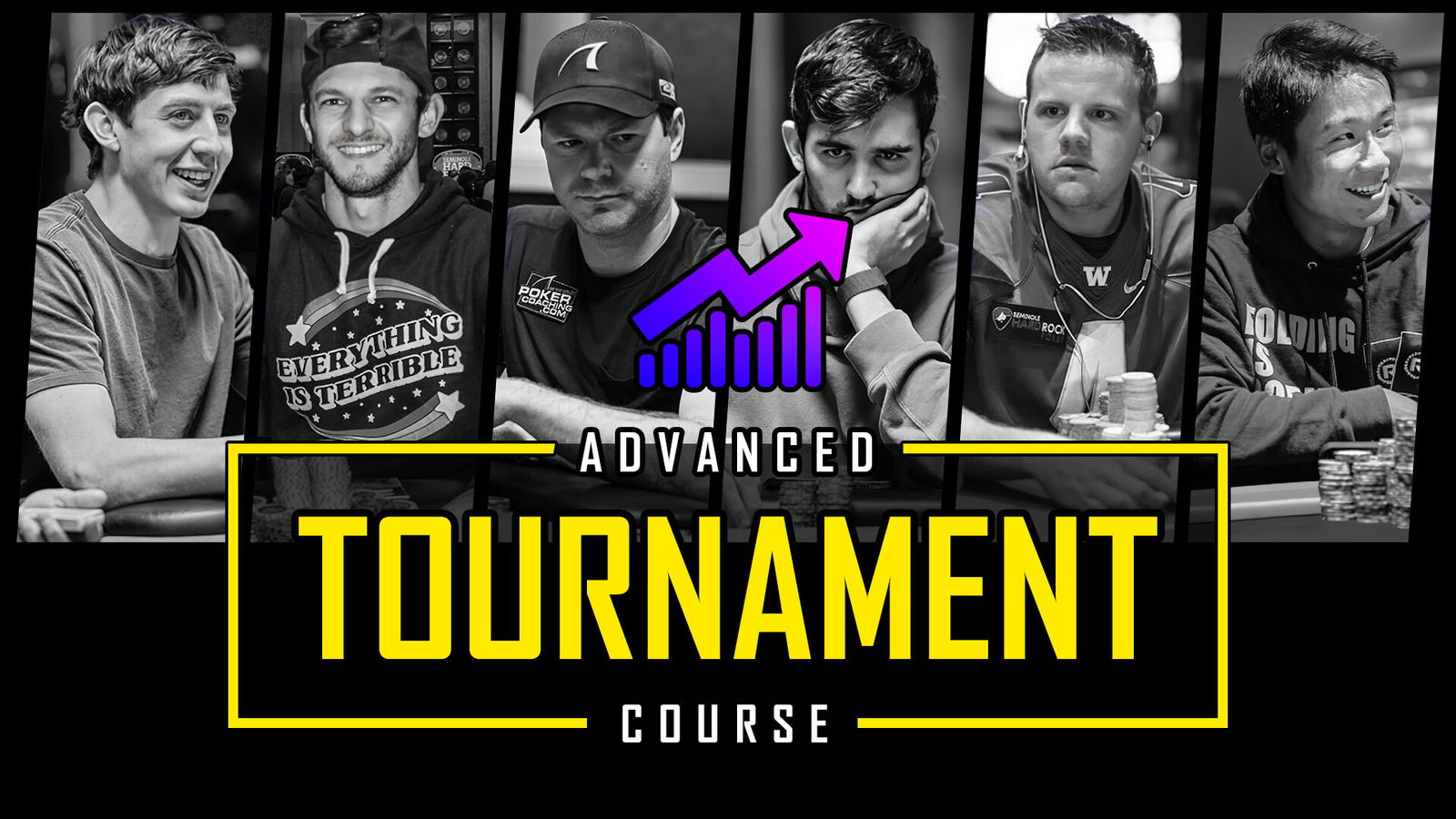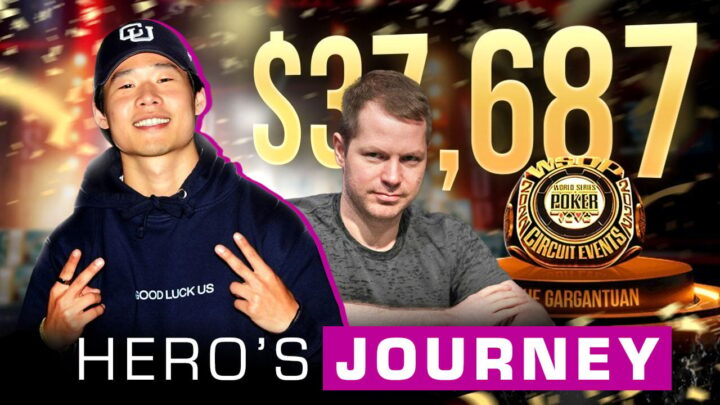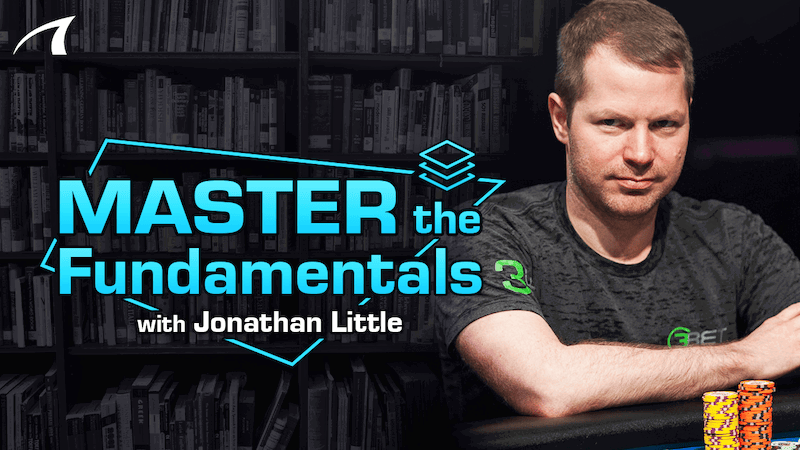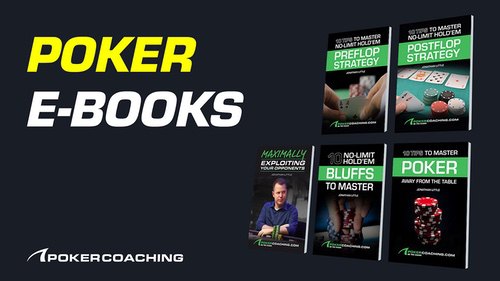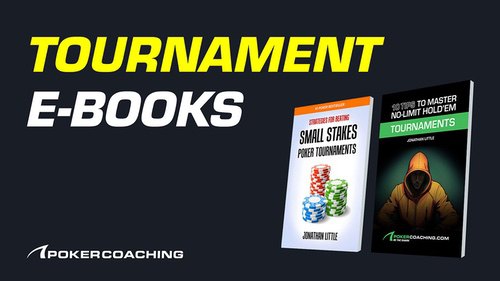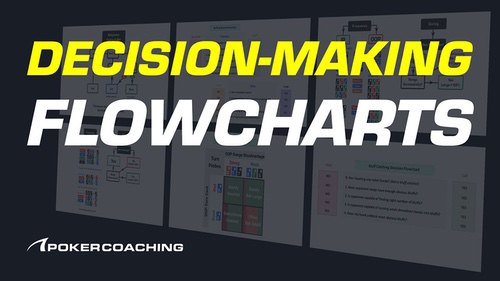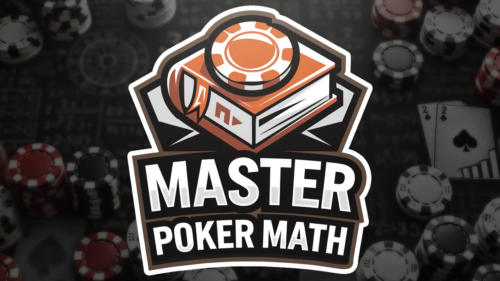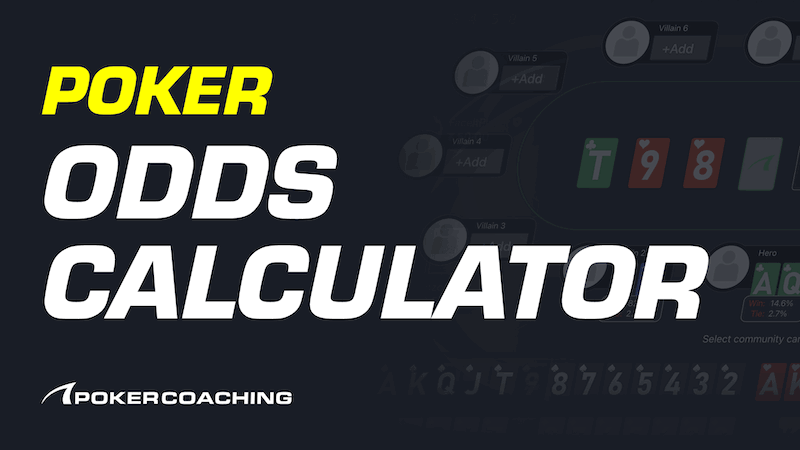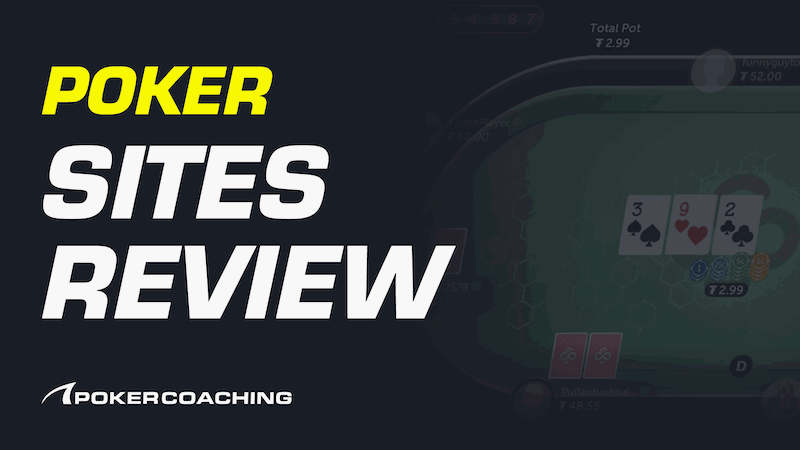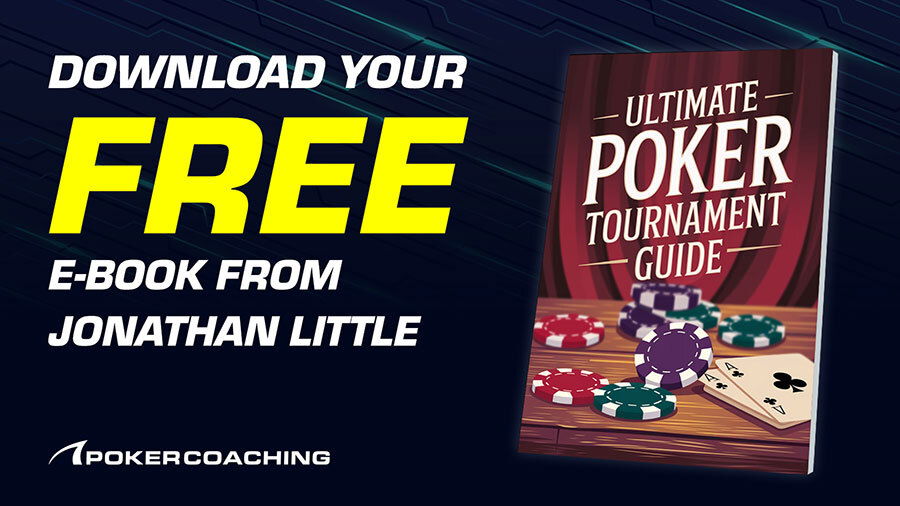" I created PokerCoaching.com to help you learn from the best poker players in the world. It’s the training site I wish I had access to when I was first getting started. "
- Jonathan Little, Founder of PokerCoaching.com
JUST RELEASED

LIBRARY
Study millions of preflop &postflop GTO spots
TRAINER
Over 20 million unique GTO spots to train
DRILLS
Master GTO with over 50 hand‑picked spots from top pros to drill
DRILL OF THE DAY
Learn GTO the easy way with real time feedback from top pros
Changing The Lives of Poker Players
Join the 209,283 poker players who have used PokerCoaching to elevate their game!
209,283
Poker Players$207,121,728
Coach Earnings16,607
Discord Members6,542,092
Quizzes Taken
